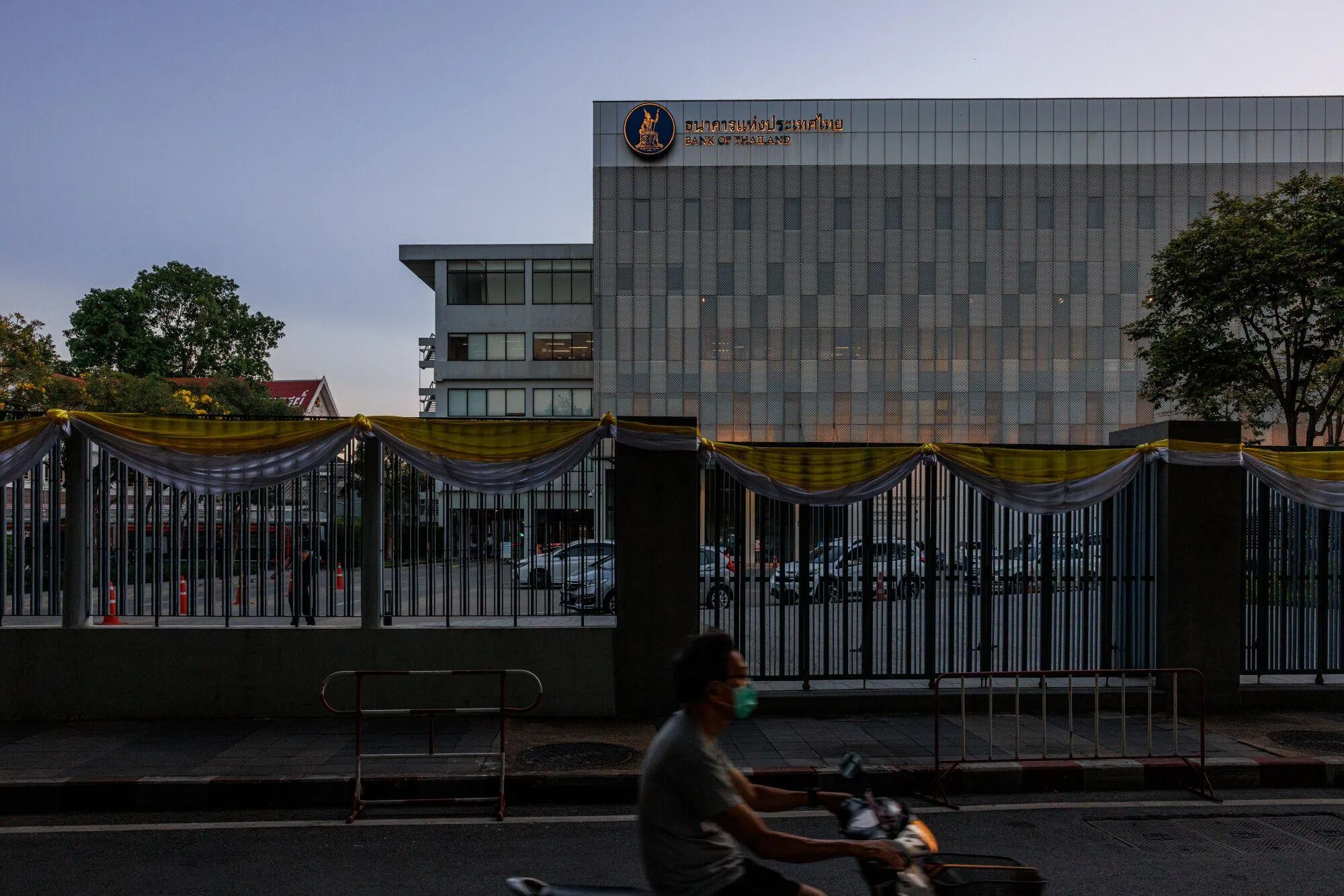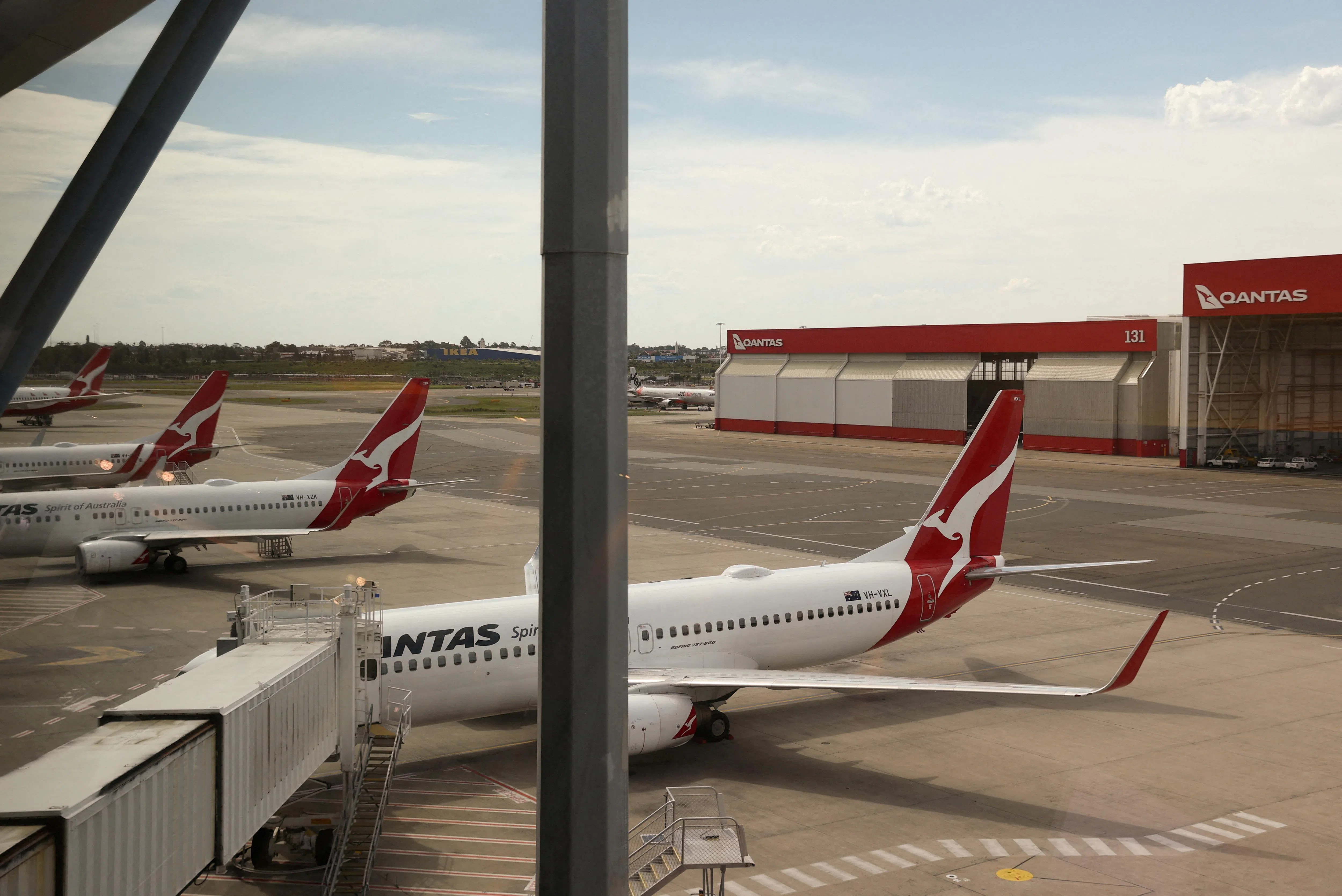THE Bank of Thailand (BOT) defended its goal to keep inflation within a band of 1 to 3 per cent as “appropriate” for the prevailing economic conditions, after the government sought a review over concerns the current target may be too low.
The existing band, which the law mandates should be reviewed every year, can still anchor medium-term inflation expectations and remains suitable for the nation’s economic context, deputy governor Alisara Mahasandana said on Wednesday (May 29) night.
While six straight months of negative inflation prompted calls from the government for lowering interest rates to boost consumption demand, or at the least boost credit access, the central bank has maintained that a string of negative price prints were the effect of government subsidies and not evidence of demand depression. Earlier this week, Finance Minister Pichai Chunhavajira said the BOT’s inflation target that’s stayed the same since 2020 needs a review.
Consumer price gains are forecast to gradually accelerate and return to target in the fourth quarter, Alisara said.
“This target range is still functioning well,” she said. “As of now, it remains appropriate.”
The latest call for the target review is seen by market watchers as a strategy to spur interest-rate cuts. Some economists including from Barclays and Bloomberg Economics think this tactic is unlikely to yield the desired result, given that it could lead to higher costs of living, among other things.
A NEWSLETTER FOR YOU
Asean Business
Business insights centering on South-east Asia’s fast-growing economies.
The rate cut will not help spur near-zero inflation, which turned negative earlier on some temporary factors including abundant supply for some food items as well as state energy subsidies, Alisara said.
The central bank has kept the benchmark rate at a decade high 2.5 per cent, with policymakers flagging potential price pressures from the government’s proposed economic stimulus measures. The BOT has said that easing monetary policy at this juncture may aggravate near-record household debt levels.
A meeting of the so-called Economic Cabinet chaired by Prime Minister Srettha Thavisin on Monday and attended by BOT governor Sethaput Suthiwartnarueput discussed what’s ailing the economy, which has been posting sub-2 per cent growth for a decade. Latest official data showed gross domestic product grew 1.5 per cent in the first quarter from a year earlier, the slowest pace in South-east Asia.
Alisara said the 1.5 per cent growth was actually better than the central bank’s forecast. Still, exports, which has just started to recover, needs to be closely monitored as there are some structural problems such as poor competitiveness, weighing on the growth of Thai shipments.
Monetary policy revision will not help solve the existing structural problems and have a limited impact on reducing debt burden for fragile groups. The lower rate also will not help improve access to lending for small and medium enterprises.
“Cutting rate a lot will also slow down debt de-leveraging, which has a major impact on long-term economic growth,” Alisara said. “If economic and inflation outlook changes, MPC is ready to change its monetary policy rate.” BLOOMBERG



